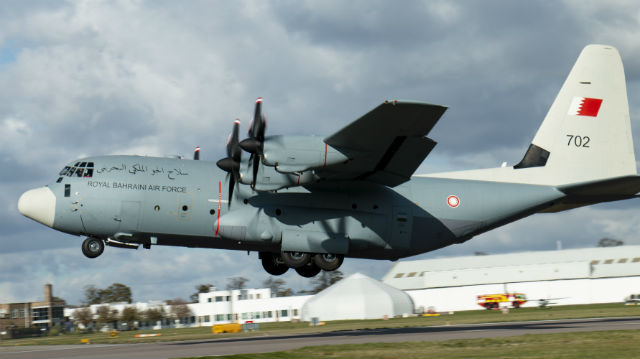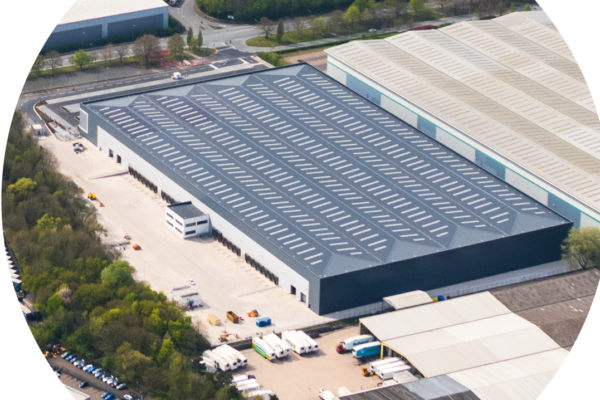
Introduction
Bahrain, an archipelago in the Arabian Gulf, has emerged as a significant economic hub in the Middle East over the past few decades. Situated strategically between Saudi Arabia and Qatar, the Kingdom of Bahrain has made substantial investments in various sectors, including finance, tourism, and technology. Its continued growth and development are crucial not only for the region but also for global trade routes.
Current Economic Landscape
As of late 2023, Bahrain’s economy is witnessing a steady recovery following the challenges posed by the COVID-19 pandemic. According to the Central Bank of Bahrain, the country’s GDP is projected to grow by 3.5% in 2023, driven by increasing oil prices and a rebound in non-oil sectors. The government is heavily investing in infrastructure and has unveiled a series of projects aimed at diversifying the economy, reducing its dependency on oil revenue.
One of the key developments is the Bahrain Economic Vision 2030, which seeks to transform the country into a more sustainable economy. Initiatives under this plan include fostering entrepreneurship, enhancing regulatory frameworks, and attracting foreign direct investment. Recent investments from multinational companies have focused on sectors like fintech and information technology, underscoring Bahrain’s readiness to embrace a digital future.
Tourism and Cultural Significance
Bahrain has also positioned itself as a tourist destination, promoting its rich history and cultural heritage. The kingdom is home to UNESCO World Heritage Sites, such as the Bahrain Fort and the ancient Dilmun burial mounds, which reflect its long-standing legacy. Furthermore, the country hosts international events, including the Bahrain Formula One Grand Prix, which attracts thousands of visitors annually and boosts its profile on the world stage.
Additionally, initiatives to develop leisure facilities, art galleries, and museums aim to enrich the tourism experience and contribute to the economy. The recent opening of the Bahrain Museum of Contemporary Art is a prime example of this effort.
Conclusion
In conclusion, Bahrain is solidifying its presence as a dynamic economic hub in the Gulf region through diversification and progressive initiatives. The combination of a strategic location, a robust financial sector, and a commitment to cultural promotion presents a promising future for the kingdom. As Bahrain continues its journey towards sustainable economic growth, it is likely to remain a focal point for investors and tourists alike, contributing significantly to the region’s overall economic landscape.
You may also like

The Importance of Building a Sustainable Company

The Importance and Relevance of MFC in Modern Development

Understanding Boomtowns and Their Impact on Urban Areas
SEARCH
LAST NEWS
- Remembering Wendy Richard: The Promise to Co-Star Natalie Cassidy
- How Did Anglian Water Achieve an ‘Essentials’ Rating for Mental Health Accessibility?
- Shai Hope Leads West Indies in T20 World Cup Clash Against South Africa
- What We Know About Weston McKennie: Future at Juventus and Past at Leeds
- What We Know About the Upcoming Live Nation Antitrust Trial